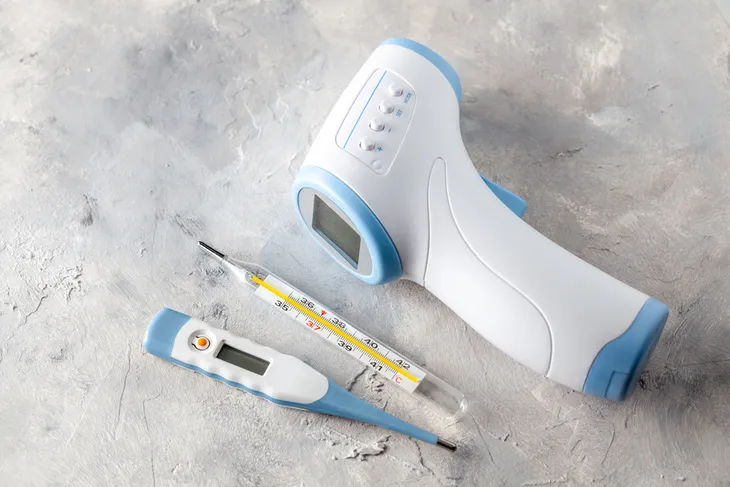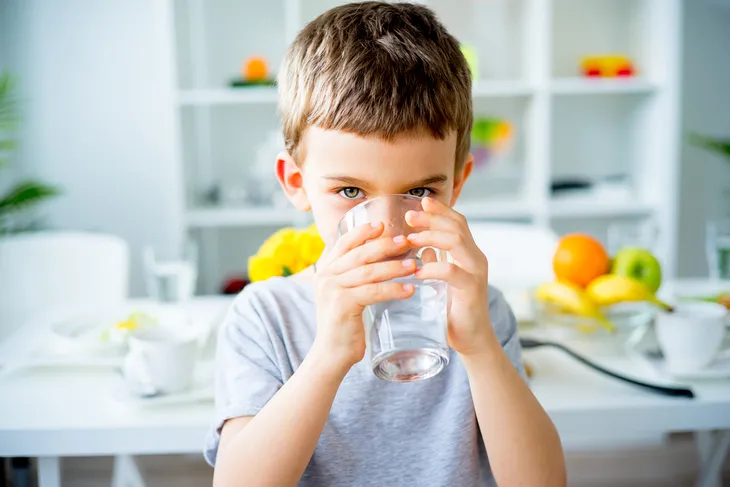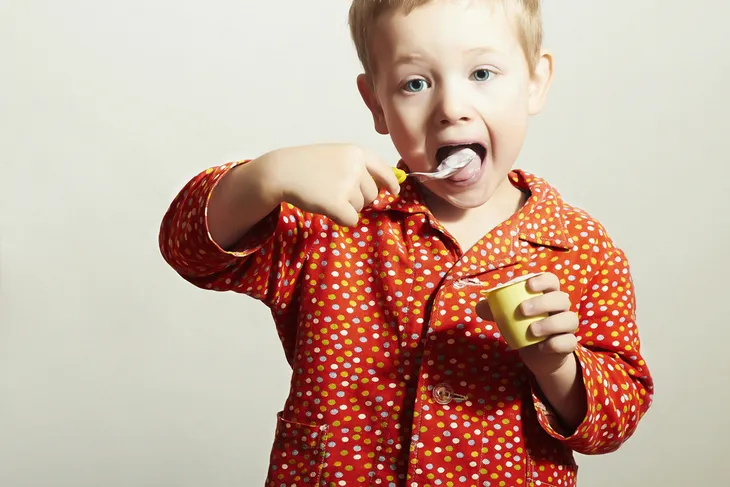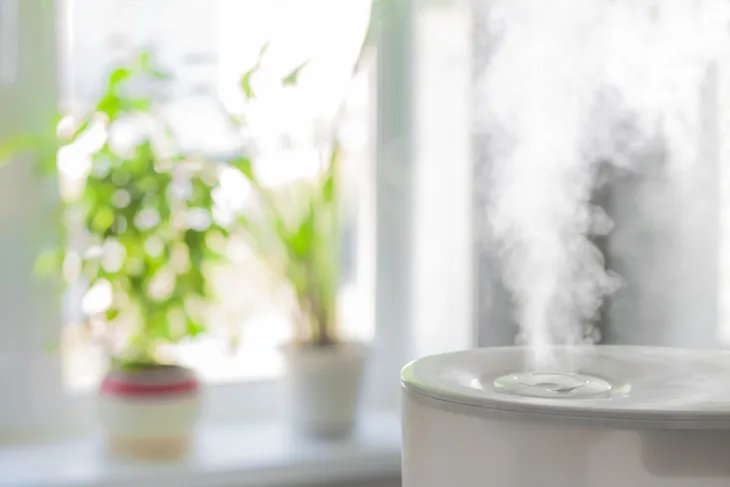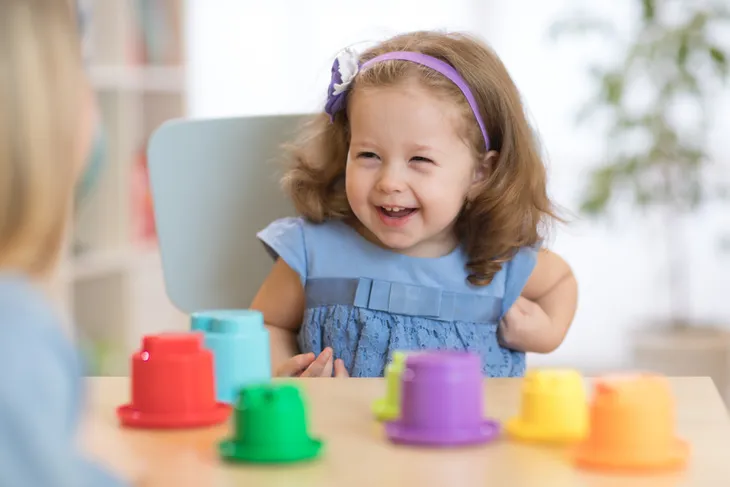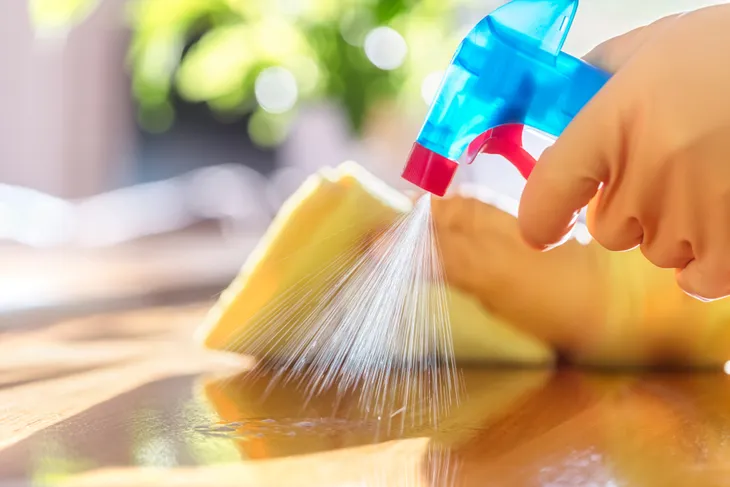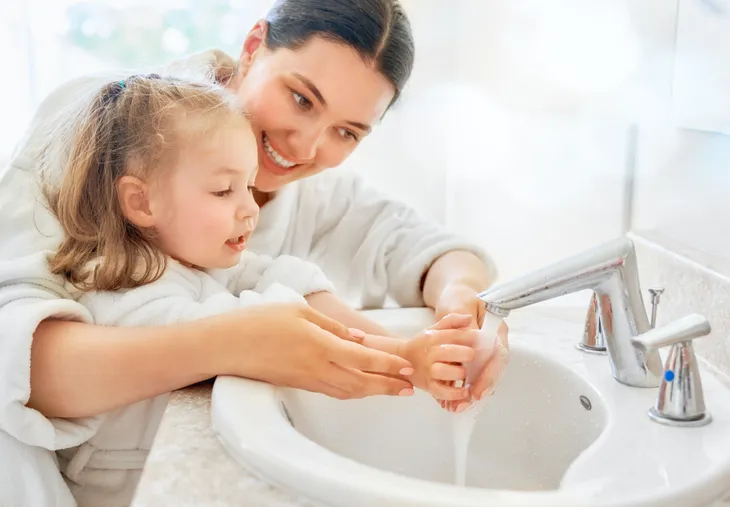Despite your best efforts, your child is bound to get a cold or flu at some point early in their life, which can be upsetting and unnerving for you as a parent. However, it’s important to not panic and take a rational approach to handle the situation.
The flu is a manageable illness but can require a doctor’s intervention if symptoms spike or are prolonged. However, here are seven steps you can take to ensure your child’s cold or flu is handled properly at home…
Check their Temperature
You may think your child has the flu, but let the thermometer make the decision for you. While your child may be vomiting or displaying other flu-like symptoms, it doesn’t automatically mean it’s influenza.
WebMD notes that a child who has the flu will have a “high-grade” fever of up to 104 F. However, his or her temperature only has to be 100.4 F or higher to have a fever (which is not a symptom of a common cold).
Hydrate your Child
Babies and toddlers can get dehydrated easier than you, so you should pay particular attention to this if they’re showing signs of cold or flu. Fever can cause children to lose large amounts of salt and water, according to Kidshealth.org.
Vomiting and sweating will definitely contribute to their dehydration risk. The online source says to watch for a sticky mouth, tearless crying, decreased urination, and skin that’s cool to the touch as signs he or she needs water – pronto. If the child is having trouble drinking fluids due to a sore throat, try some over-the-counter painkillers for children to help.
Make Meals Easier to Eat
Toddlers with a normally healthy appetite can simply stop eating solid foods when they’re running a fever or have a bad cold. Today’s Parent magazine has suggestions for foods that are not only easy on a baby’s upset tummy but can also fight colds and flu.
Some of the suggestions include kiwi fruit, which is easy to chew and is loaded with vitamins to help your child’s immune system kick into high gear. Yogurt is another healthy option that’s easy to swallow, noted the magazine.
Unblock Breathing
Just like our noses, little noses can get stuffed up in children battling a cold or flu. This can be especially tough on a breastfeeding child who will be using their mouth to feed, and won’t have it free to take in air.
Healthline.com suggests using a cool-mist humidifier in your child’s room to help gently break up the congestion. You can use a saline (salt) spray to help loosen mucus followed by a bulb syringe to remove the blockage, but the site warns against using medicated nasal sprays.
Don’t Toy with Sharing
Germs are a big part of cold or flu, and those germs love to tag a ride on anything they can find to reach the next person. Parents.com warns that your children shouldn’t be sharing toys with siblings or friends if one of them is sick.
This rule also goes for any towels or toothbrushes, adds the site. It notes that cutting down on cuddles is part of the “no contact” philosophy, although this is especially tough when your child seems to need more TLC. Try coming up with signs and signals (like blowing kisses) to show your child you love them, or just verbalize the words more often, it suggests.
Clean Infected Surfaces
There’s no telling what other surfaces your child may have touched or sneezed on, so it’s best to break out the disinfectant and use it liberally. The Environmental Protection Agency (EPA) has a list of registered disinfectants that are proven to be effective against certain pathogens that cause illness.
Don’t spare any surface when cleaning – wear gloves and tackle places like phones, toilets, television remotes and door handles. You may have to repeat this process more than once a day if your child is still active throughout the home, but it’ll be worth it to prevent others from getting ill.
Prevention Is the Best Remedy
Of course, the best scenario is helping your child avoid becoming sick in the first place. WebMD suggests proper hygiene and the flu vaccine are the “two big weapons” against sickness.
This means teaching your child the importance of handwashing, especially before eating. Teaching them to sneeze into the crook of their elbow or tissue is also an effective strategy. To help accustom children to good hygiene, you can reward them with stickers, notes the source.

